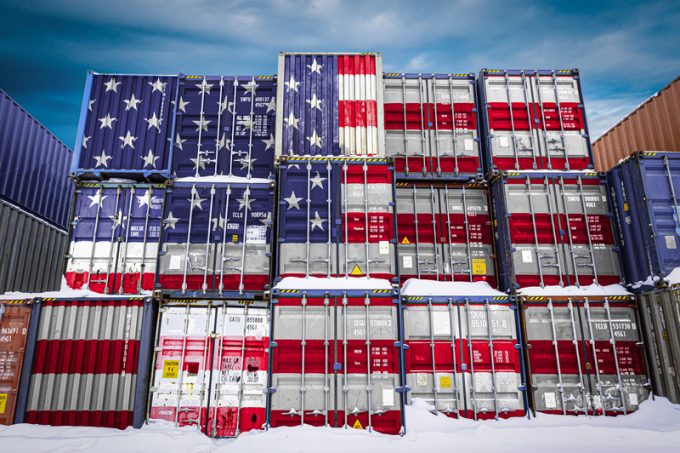Shippers in Asia restart ocean shipment bookings – but not from China
Asian exporters that withheld shipments due to US import tariffs were quick to backtrack today, ...

US customs brokers and importers have been scrambling to revise monthly statements after the US government announced they could postpone duty, taxes and fees for 90 days.
The executive order, signed on Sunday, temporarily extends deadlines for importers “suffering significant financial hardship” and was closely followed by a detailed explanation by Customs & Border Protection (CBP).
It noted: “This temporary postponement applies to formal entries of merchandise entered, or withdrawn from warehouse, for consumption (including entries for consumption from a foreign trade ...
Trump tariffs see hundreds of cancelled container bookings a day from Asia
'Disastrous' DSV-Schenker merger would 'disrupt European haulage market'
'To ship or not to ship', the question for US importers amid tariff uncertainty
'Chaos after chaos' coming from de minimis changes and more tariffs
List of blanked transpac sailings grows as trade war heats up and demand cools
EC approves DSV takeover of DB Schenker
Forto 'sharpens commercial priorities' as it lays off one-third of staff
Shippers in Asia restart ocean shipment bookings – but not from China
India withdraws access for Bangladesh transhipments, in 'very harmful' decision
'Tariff hell' leaves industries in limbo – 'not a great environment to plan'
IndiGo fleet expansion plan will include a major push to boost cargo volumes
Pre-tariff rush of goods from US to China sees air rates soar, but not for long
De minimis-induced ecommerce demand slump could cripple freighter operators
'Restoring America's maritime dominance' – stop laughing at the back of the class
Hapag 'took the bigger risk' when it signed up to Gemini, says Maersk
Navigating tariffs: 'like trying to solve a Rubik's cube while colour-blind'

Comment on this article